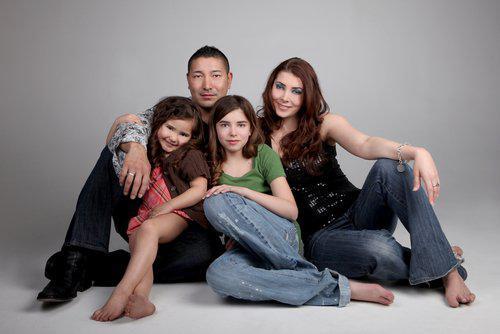Related Adoption: Family First
 Adoption can be a wonderful opportunity, and one that is particularly appealing to adoptive parents who are actually related to the child. This type of adoption is known as a related adoption or a kinship adoption, and it is among the common method of adoption in the state. In fact, related adoptions are preferred by state agencies, as they are required to give preference to relatives when making adoptive placements for children in their custody. Adoption laws in Illinois specifically require state-sponsored agencies to make reasonable efforts to identify and locate a child&s relative when out-of-home placement is needed.
Adoption can be a wonderful opportunity, and one that is particularly appealing to adoptive parents who are actually related to the child. This type of adoption is known as a related adoption or a kinship adoption, and it is among the common method of adoption in the state. In fact, related adoptions are preferred by state agencies, as they are required to give preference to relatives when making adoptive placements for children in their custody. Adoption laws in Illinois specifically require state-sponsored agencies to make reasonable efforts to identify and locate a child&s relative when out-of-home placement is needed.
Federal and State Compensation
In order for a state to be eligible to receive assistance from the federal government for foster care and adoption programs, federal law, under the Social Security Act, requires that agencies within the state "consider giving preference to an adult relative over a non-related caregiver when determining placement for a child, provided that the relative caregiver meets all relevant state child protection standards."
At the state level, Illinois law addresses appropriate foster care payments and financial support for caregivers related to the child. If a relative meets the state&s qualifications for being a foster parent, he or she is entitled to receive payments at the full foster care rate and any other benefits available to non-related foster parents, whether in money or services.
Who Qualifies
Individual states may define the term "relative" differently, including relatives by blood, marriage, or previous legal adoption. In many cases, primary preference for placement is given to the child&s grandparents. Other cases may offer preference to uncles or aunts, adult siblings, or other relatives, including stepparents or cousins.
In many situations, the placement agency must conduct an evaluation to establish that the relative is capable of providing a suitable environment for the child, able to promote the child&s best interests, and able to satisfactorily meet his or her needs. In Illinois, the relative is required to be licensed before he or she can receive foster care assistance payments. Potential foster parents, even those who are related, must also submit to a criminal background check which may additionally include any other adults living in the household.
Where to Find Help
If you or someone you know is considering becoming a foster parent or would like to pursue a related adoption, contact one of the compassionate Illinois family law attorneys at A. Traub & Associates. We will help walk you the through the process and ensure you receive the support you need to care for a new-or not-so-new-member of your family.












